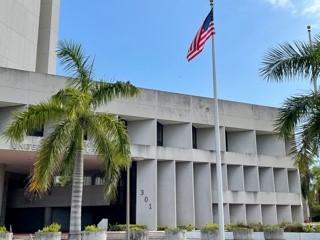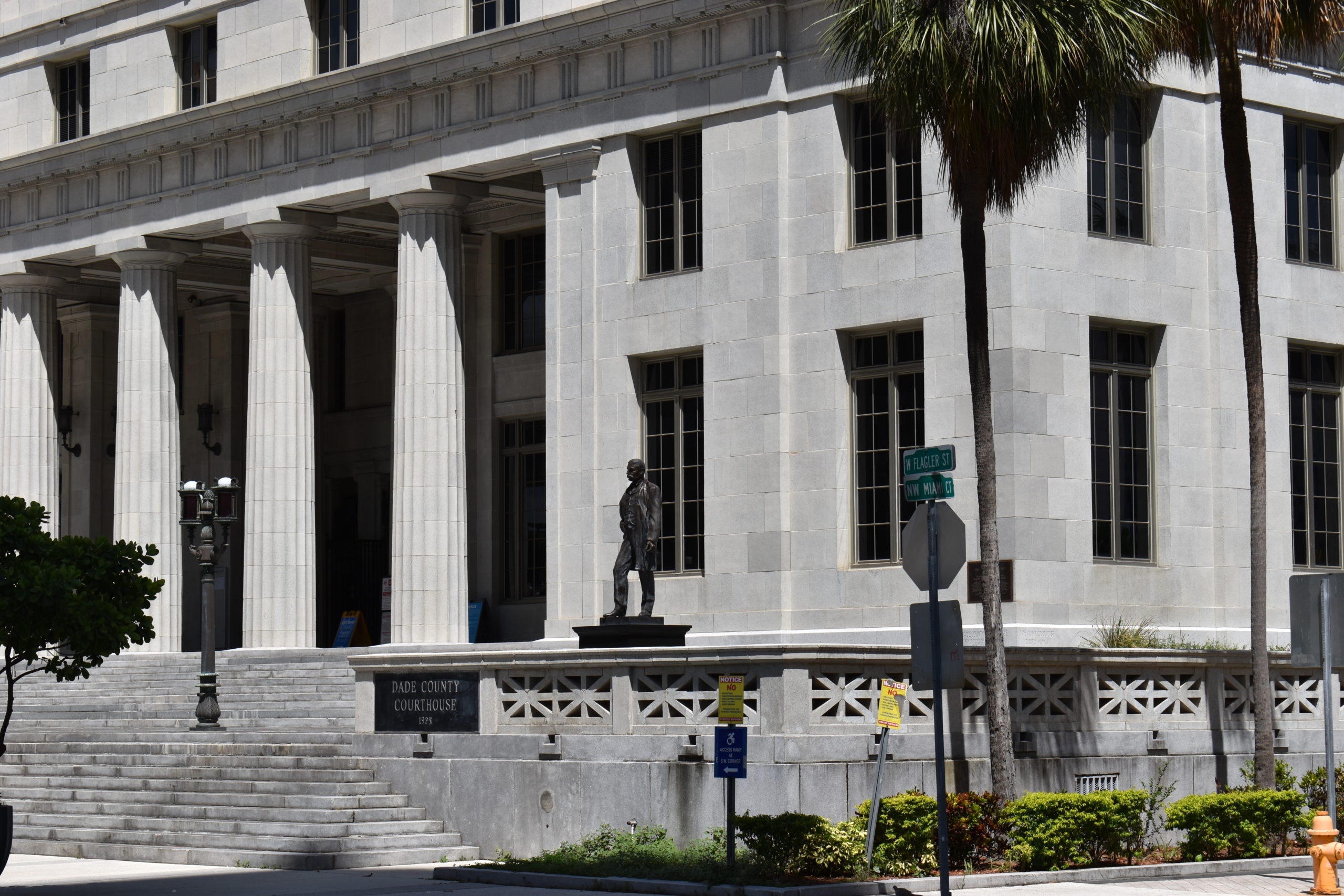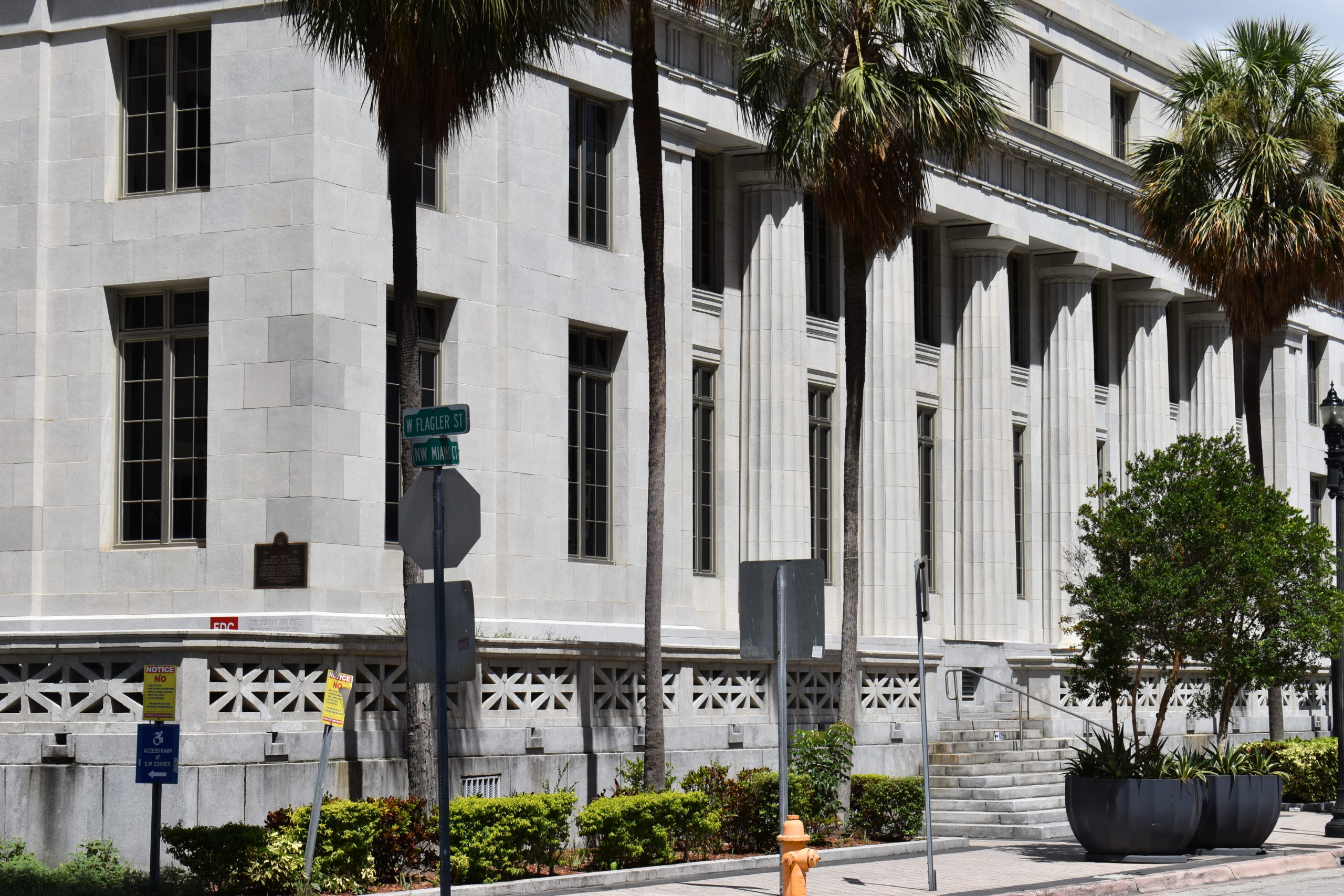
When are Florida Trustee Fees too much? When are they “excessive”? We have previously written about Florida Trustee Compensation. In this legal commentary, Florida trust litigator John Pankauski will provide insight. We will consider the factors under Florida law. Trustee Compensation Factors to Consider in Florida The Florida Supreme Court has told us what factors to consider when it comes to Florida Trustee Fees. And trust expert lawyer John Pankauski has given us a roadmap. First, read the trust document! What does it say about compensation? If the Florida trust document says nothing about fees, then we know to follow the West Coast Hospital case factors. (See commentary below about the Robert Rauschenberg Foundation case.) If the trust document explains what the trustee fees should be, then read Florida Trust Code Section 736.108. The Florida Trust Code is a body of statutes created by the legislature for trustees and beneficiaries to follow. You can read it for free. Just CLICK HERE. In 1958, the Florida Supreme Court issued a trustee fee opinion. That trust case is called West Coast Hospital Association vs. Florida National Bank of Jacksonville. Want to know what trustee fee factors are to be considered? Check out this from the West Coast Hospital Case. Some of the factors to be considered for trustee fees in Florida are: amount of money in the trust; comparable fees for trustees in the community; success or failure of trustee at her job; whether unique or unusual skills which the trustee had […]







